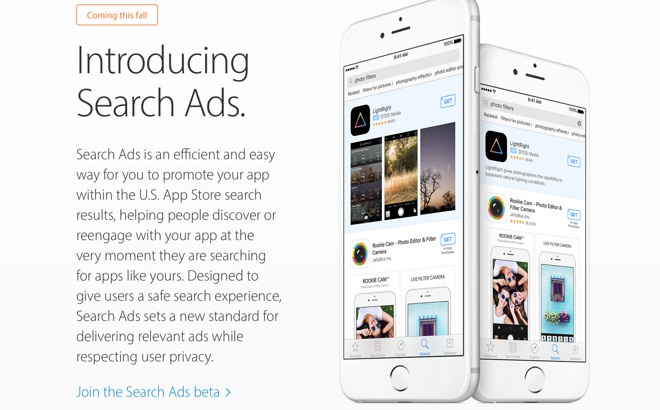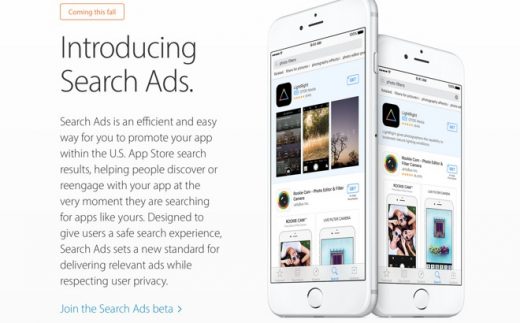Many Brits Don’t ID Search Ads; It’s Not Necessarily A Bad Thing
by Aaron Baar, Staff Writer, September 13, 2016

A few months ago, Search Insider covered British regulatory agency Ofcom’s finding that about half of the U.K.’s adults had difficulty identifying ads in a Google search. While we noted that some of those claims were more nuanced than that, the percentage was high enough to attract attention. Now, it seems those results might not only be legit, they might even be increasing.
According to U.K. research company Varn, the number of Brits who do not recognize which search results are paid advertisements has actually increased over the past six months. In a survey of more than 1,000 British adults, 55% indicated they didn’t know which results on the Google search page were paid advertisements, up roughly 4% over a similar survey the company conducted six months earlier (and distinct from Ofcom’s survey).
The reason for the increase, most likely, is that during those six months Google reformatted the way it displays paid advertising in its search results. It moved ads from a right-hand page placement to be more in line with organic search results. In addition, Google changed the color of its “ad” icon from yellow to green, making it blend in more with the clickable link.
“It’s hard to know which it is,” Tom Vaughton, managing director at Varn, tells Search Insider. “When we do it again in six months, it will be interesting to see if it plateaus or if it was just a blip.”
The result is that companies who are using paid search intelligently are likely to get more attention than those who are not, regardless of category market share. “A large percentage of people don’t know they’re ads. They just assume you’re one of the top two companies for that product,” Vaughton says.
However, the same survey suggests that some companies may be wasting their money on paid search. At the same time that a number of Brits were having trouble understanding which results were ads, those that knew the difference revealed they weren’t clicking on them as much. Among those surveyed, only 8% said they recognized ads and also clicked on them.
The reasons for this may be varied. Some may be Web-savvy enough to recognize a pay-per-click transaction and not want to be a part of it. Some may be looking for a marketplace (such as Amazon) to buy a particular product. It’s also unknown right now what role mobile plays in all of this.
“[On mobile], even if it does say ‘ad,’ people may just click on it and just move on.” (Figuring out that rationale may be a part of future surveys, Vaughton says.)
Ultimately, what these two stats come down to is audience, Vaughton says. For a company seeking a broader audience or to raise its profile — or a certain demographic: the inability to distinguish ads increased with age — might want to invest heavily in search because those consumers are only looking at the top of the list, ad or no. But for those seeking a narrower or more-savvy audience, paid search may be wasted money, with so few of those recognizing ads actually clicking on them.
“If your target is the people who know they’re ads, but don’t pick on them, for you the ads might not work,” Vaughton says. “If your target market is broader, ads might be worth it.”
MediaPost.com: Search Marketing Daily
(11)


